Have you ever wondered how much fun learning could be if you turned it into a game? Well, guess what? It can be! Educational web games are a fantastic way to combine entertainment with education, making studying less like a chore and more like a challenge you can’t wait to conquer.
In this article, we’re going to explore the Best 15 Educational Web Games for Learning While Having Fun, covering everything from math and science to history, language, and even art.
What Makes an Educational Game Effective?
The best educational games don’t just throw a bunch of facts at you—they actually get you involved. Games that are interactive, age-appropriate, and filled with rewards make learning way more engaging. Here are a few key ingredients for a good educational game:
- Engaging Gameplay and Interactive Design: If a game doesn’t grab your attention, learning will feel like a chore. Games that use puzzles, levels, and fun challenges keep things interesting.
- Age-Appropriate Content: From counting for kids to coding for teens, a good educational game meets players right where they are.
- Rewards for Learning: Everyone loves a reward! Games that offer points, badges, or fun unlockables for learning achievements make players want to keep coming back for more.
Top 15 Educational Web Games for Kids and Teens
Ready to dive into the top picks? Here’s a list of games that make learning as fun as playing:
1. ABCmouse – Early Learning for Young Kids
ABCmouse is a well-rounded educational game for young kids, covering everything from reading and math to science and art. The interactive activities and colorful animations keep kids engaged while learning essential skills like counting, basic phonics, and problem-solving.

2. National Geographic Kids – Science and Exploration
National Geographic Kids offers a fantastic selection of games that cover topics like nature, animals, and science. The games are ideal for curious minds who love exploring and discovering more about the world. It’s a great choice for elementary schoolers who want to dive into geography and science in a fun way.
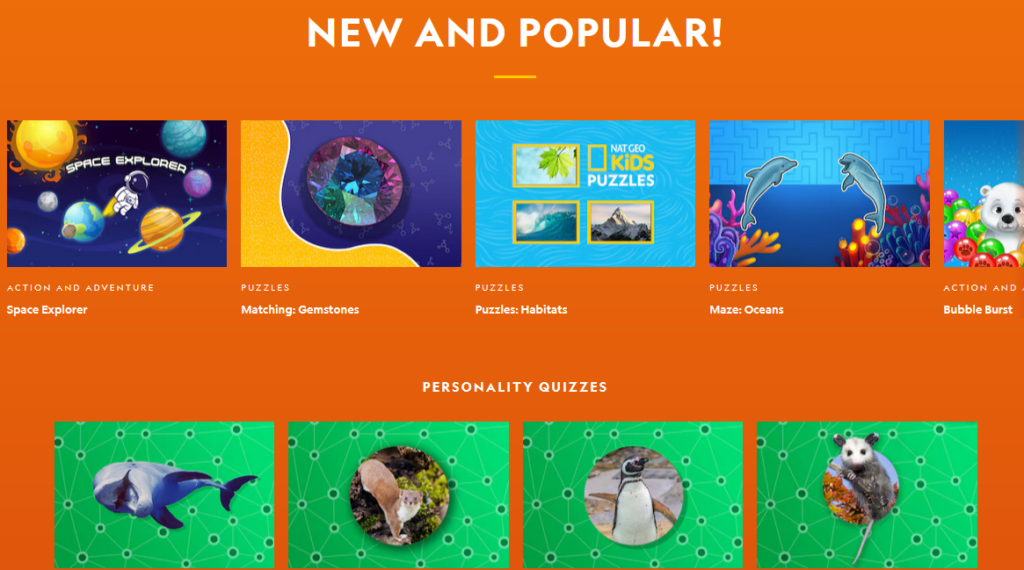
3. Prodigy – Math Adventure Game
Prodigy is a math-focused adventure game where players embark on quests, solve math problems, and battle monsters. The game adapts to each player’s skill level, making it perfect for kids who need practice with math skills or want a little extra challenge. Its RPG (role-playing game) format keeps things exciting for kids and teens alike.

4. BrainPOP – Learning Across All Subjects
BrainPOP is a well-known educational site that offers games and activities across various subjects, including science, social studies, and language arts. With interactive quizzes and mini-games, it’s a great tool for reinforcing school topics or diving deeper into subjects.

5. CodeCombat – Learn Coding While Playing
CodeCombat is a game designed to teach coding fundamentals through an immersive storyline. Players use real programming languages like Python and JavaScript to guide their characters through different levels and challenges. It’s a fantastic option for teens interested in learning to code.
6. TypingClub – Fun Typing Practice
TypingClub is a great choice for kids and teens who want to improve their typing skills. The platform uses various mini-games to teach speed and accuracy, skills that are invaluable in today’s digital world. The game-style setup makes practicing typing much more enjoyable.
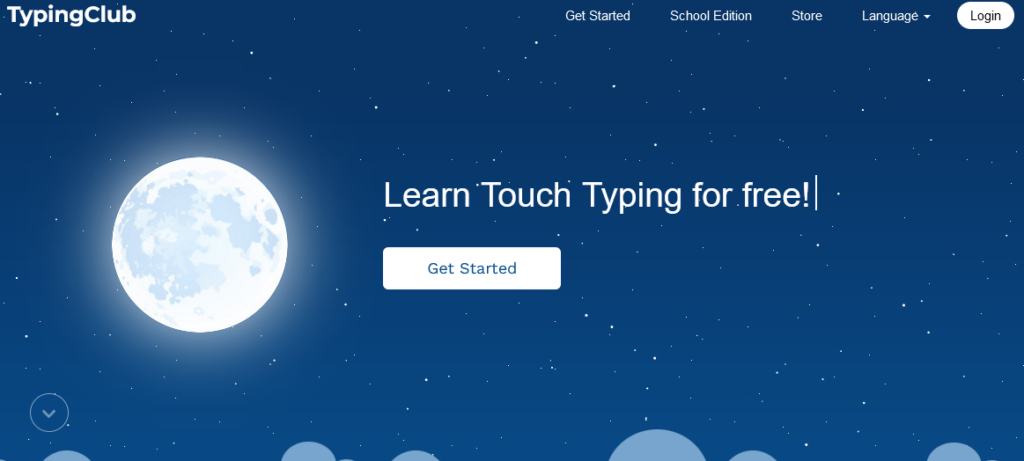
7. Tynker – Coding for Beginners
Tynker is a game-based learning platform focused on coding. Through visual programming, kids can create their own games, build interactive stories, and even work with Minecraft mods. It’s great for younger learners who want to dive into coding basics without needing prior knowledge.
8. Cool Math Games – Math and Logic Puzzles
Cool Math Games is a classic go-to for anyone looking to sharpen their math and logic skills. The site offers a wide variety of puzzles and brain-teasers that make math both challenging and fun. The games are designed to strengthen problem-solving skills, making it popular among kids and teens.
9. PBS Kids Games – Fun and Educational for All Ages
PBS Kids offers a collection of games based on popular educational shows like Arthur, Curious George, and Sesame Street. These games are tailored for younger audiences and cover everything from reading and math to science and social skills.
10. GeoGuessr – A Geography Adventure
GeoGuessr places players in random locations worldwide using Google Street View and challenges them to guess where they are. It’s a fun way to learn geography, recognize landmarks, and explore different parts of the globe—all while testing your deduction skills.

11. Math Playground – Practice Math in Creative Ways
Math Playground offers an array of math games that cover basic arithmetic, fractions, and even algebra. Kids can play through levels, solve math puzzles, and engage in interactive activities that make practicing math a lot more fun.
12. Adventure Academy – Comprehensive Learning for Kids
Adventure Academy is a massive multiplayer online game (MMO) that combines gaming with learning in an online world. Kids can explore different topics, like reading, science, and math, in a virtual world filled with quests and interactive elements. It’s a great option for kids who enjoy a bit of everything.

13. Poptropica – Learning Through Story-Based Adventures
Poptropica takes kids on interactive quests where they can explore different islands, each with unique challenges and storylines. The game introduces various educational themes, including history, mythology, and problem-solving.
14. Starfall – Literacy and Math for Early Learners
Starfall focuses on reading and math basics, making it ideal for early learners. The platform uses songs, animations, and games to teach phonics, counting, and basic math skills. It’s a solid resource for building foundational skills.
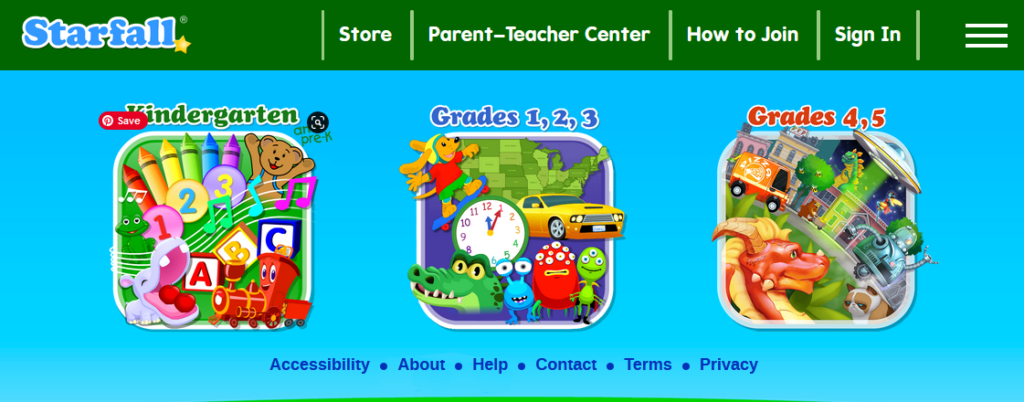
15. Kahoot! – Quiz-Based Learning for Everyone
Kahoot! is a quiz-based platform where users can play or create quizzes on any topic imaginable. It’s widely used in classrooms but can be just as fun to play at home with friends or family. Kahoot! quizzes cover everything from history and science to pop culture and fun facts, making learning a team-based activity.
Tips for Maximizing Learning While Playing
Playing educational games is awesome, but there are ways to make it even more beneficial:
- Set Time Limits: Balancing play with other activities ensures you get the most out of the game.
- Choose Age-Appropriate Games: Pick games that are right for your age and interests to keep learning fresh and exciting.
- Reflect on What You Learned: Take a few minutes after playing to think about new skills or facts you picked up.
Conclusion
Educational web games are more than just a way to pass the time—they’re a gateway to fun learning experiences. With these games, you can brush up on math, explore geography, or even learn how to code, all while having a blast. So, if you’re looking to level up your skills, give these games a try. Learning doesn’t have to be boring, and these games are proof of that!
FAQs
1. Is it okay for kids to play educational games every day?
Yes, as long as the screen time is balanced with other activities. Playing educational games daily can actually help reinforce learning in a fun way.
2. How do I know if a game is genuinely educational?
Look for games with clear learning goals, age-appropriate content, and activities that build specific skills like math, reading, or problem-solving.
3. Can educational games help with school subjects?
Absolutely! Many games focus on subjects like math, science, and language arts, offering practice and new perspectives that can help in school.
4. What is the recommended screen time for kids playing educational games?
Most experts recommend keeping screen time for younger kids under 1 hour a day, while older kids and teens can benefit from 1-2 hours with proper breaks.
5. Are educational games effective for teens as well?
Yes! Many games, especially those focused on topics like coding, problem-solving, and critical thinking, are perfect for teens looking to learn and have fun at the same time.

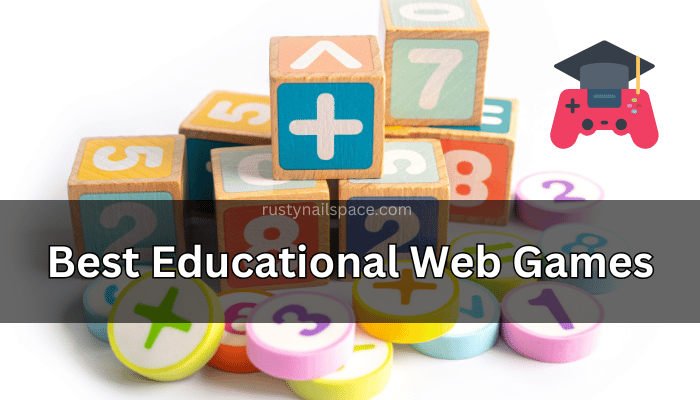

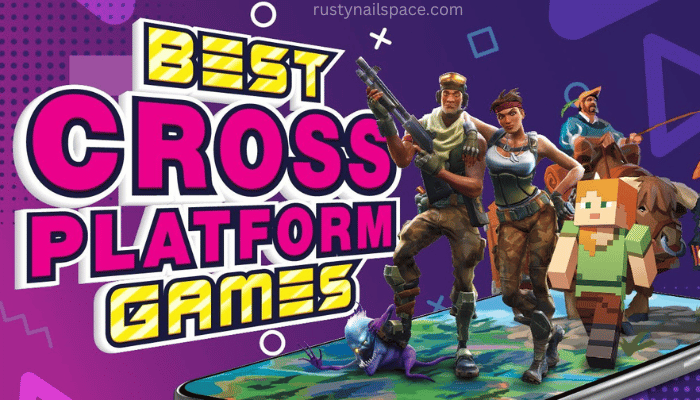



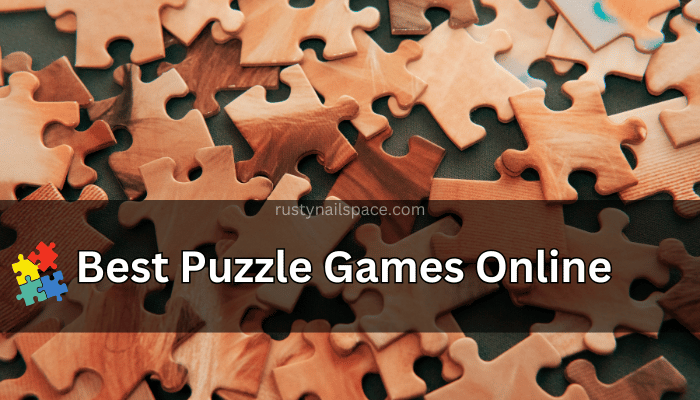
The coloring pages here are absolutely adorable, filled with creativity and charm, they’re perfect for kids and even relaxing for adults too, I love the variety and the high-quality illustrations, everything is printable and ready to enjoy instantly, the cute characters and festive themes make every page fun to color, definitely one of the best collections I’ve come across, can’t wait to print more and keep coloring, thank you for sharing such joyful designs, they truly brighten up my day, amazing work on each page.
The coloring pages here are absolutely adorable, filled with creativity and charm, they’re perfect for kids and even relaxing for adults too, I love the variety and the high-quality illustrations, everything is printable and ready to enjoy instantly, the cute characters and festive themes make every page fun to color, definitely one of the best collections I’ve come across, can’t wait to print more and keep coloring, thank you for sharing such joyful designs, they truly brighten up my day, amazing work on each page.
The coloring pages here are absolutely adorable, filled with creativity and charm, they’re perfect for kids and even relaxing for adults too, I love the variety and the high-quality illustrations, everything is printable and ready to enjoy instantly, the cute characters and festive themes make every page fun to color, definitely one of the best collections I’ve come across, can’t wait to print more and keep coloring, thank you for sharing such joyful designs, they truly brighten up my day, amazing work on each page.
The coloring pages here are absolutely adorable, filled with creativity and charm, they’re perfect for kids and even relaxing for adults too, I love the variety and the high-quality illustrations, everything is printable and ready to enjoy instantly, the cute characters and festive themes make every page fun to color, definitely one of the best collections I’ve come across, can’t wait to print more and keep coloring, thank you for sharing such joyful designs, they truly brighten up my day, amazing work on each page.